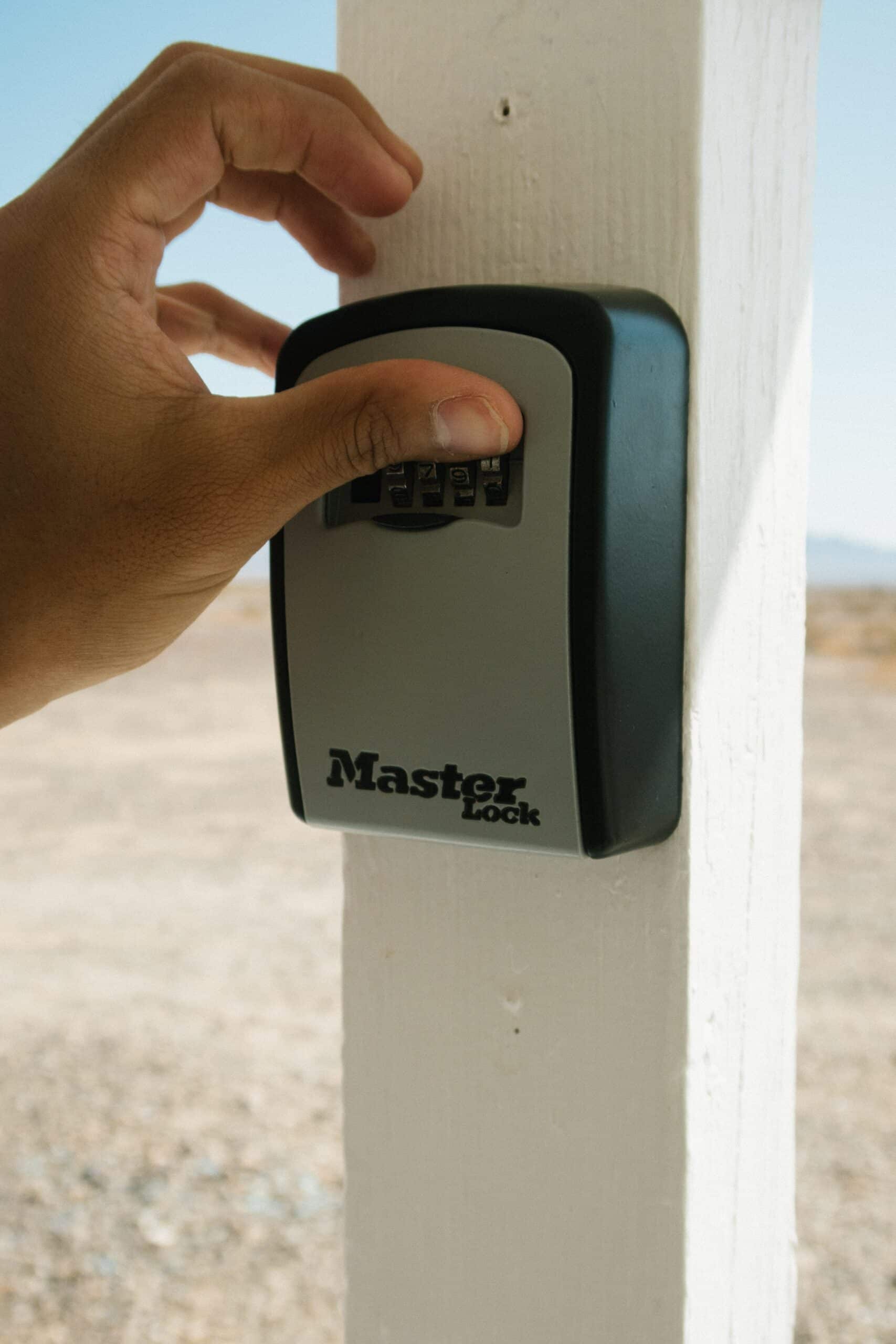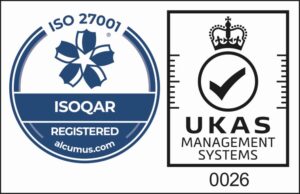IT MSPs and Cloud Security: Safeguarding Data in the Cloud Environment
As businesses increasingly embrace cloud computing, the need for robust cloud security measures becomes paramount. Cloud environments offer numerous benefits, including scalability, flexibility, and cost-efficiency, but they also introduce unique security challenges. IT Managed Service Providers (MSPs) play a crucial role in helping businesses navigate these challenges and ensure the security of their data in the cloud. Let’s explore the role of MSPs in cloud security and how they safeguard data in the cloud environment:
Cloud Security Assessment
MSPs conduct comprehensive assessments to evaluate the security posture of businesses’ cloud environments. They analyze cloud infrastructure, configurations, and access controls to identify potential vulnerabilities and risks. MSPs also review data storage and transmission practices, encryption methods, and identity and access management protocols to ensure compliance with industry best practices and regulatory requirements.
Security Architecture and Design
MSPs assist businesses in designing and implementing robust security architectures for their cloud environments. They work closely with organizations to establish secure network configurations, data encryption mechanisms, and multi-factor authentication methods. MSPs ensure that data access permissions are properly defined, and segregation of duties is implemented to prevent unauthorized access. They also help businesses establish secure connectivity between on-premises infrastructure and the cloud.
Data Encryption and Privacy
MSPs help businesses implement strong encryption mechanisms to protect data both at rest and in transit within the cloud environment. They guide organizations in selecting appropriate encryption algorithms and key management practices. MSPs also ensure that data privacy regulations, such as GDPR or HIPAA, are followed, and sensitive data is properly protected.
Threat Monitoring and Incident Response
MSPs employ advanced threat monitoring tools and techniques to detect and respond to potential security incidents in the cloud. They continuously monitor cloud environments for suspicious activities, unauthorized access attempts, or anomalies that may indicate a breach. MSPs develop incident response plans and work with businesses to quickly identify, contain, and mitigate security incidents. They also provide forensic analysis to understand the root causes of incidents and take preventive measures.
Compliance and Governance
MSPs help businesses achieve and maintain compliance with relevant regulations and industry standards in the cloud environment. They assist in aligning cloud security practices with frameworks such as ISO 27001 or NIST Cybersecurity Framework. MSPs also help businesses establish proper governance structures, including policies, procedures, and documentation, to ensure consistent security practices across the cloud infrastructure.
Security Patching and Updates
MSPs ensure that cloud environments are up to date with the latest security patches and updates. They monitor vendor notifications and industry alerts for vulnerabilities and promptly apply patches to mitigate potential risks. MSPs also assist businesses in managing patching schedules, testing procedures, and change management processes to minimize disruptions while maintaining security.
Identity and Access Management (IAM)
MSPs help businesses implement robust IAM strategies in the cloud environment. They assist in defining user roles, privileges, and access controls to ensure that only authorized personnel can access and manage cloud resources. MSPs also facilitate the use of single sign-on (SSO) and multi-factor authentication (MFA) mechanisms to enhance security.
Security Awareness Training
MSPs emphasize the importance of security awareness and provide training programs to educate employees about cloud security best practices. They help businesses create a security-conscious culture by educating employees on identifying phishing attempts, using strong passwords, and adhering to security policies. MSPs also conduct periodic security awareness campaigns to reinforce good security habits.
By partnering with IT MSPs for cloud security, businesses can benefit from their expertise in assessing, designing, and implementing robust security measures in the cloud environment. MSPs ensure that data is protected, threats are detected and responded to promptly, and cloud environments adhere to relevant regulations and industry standards.




